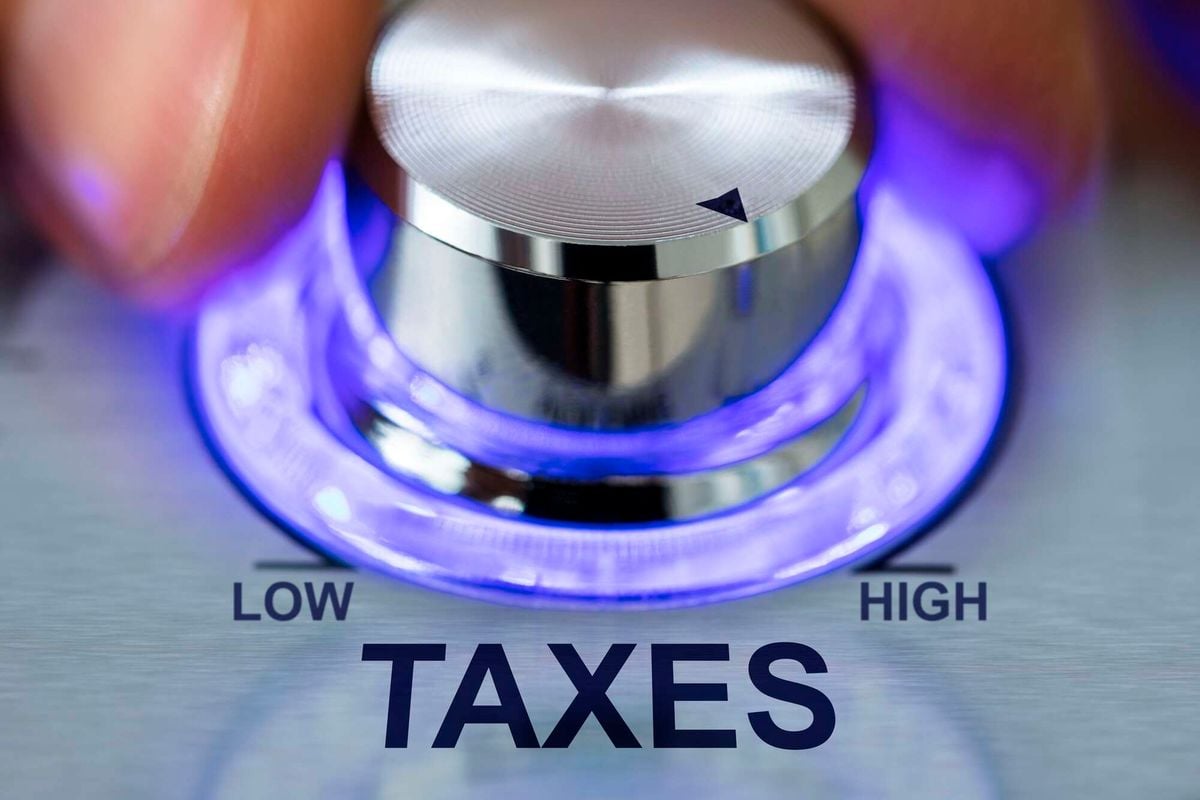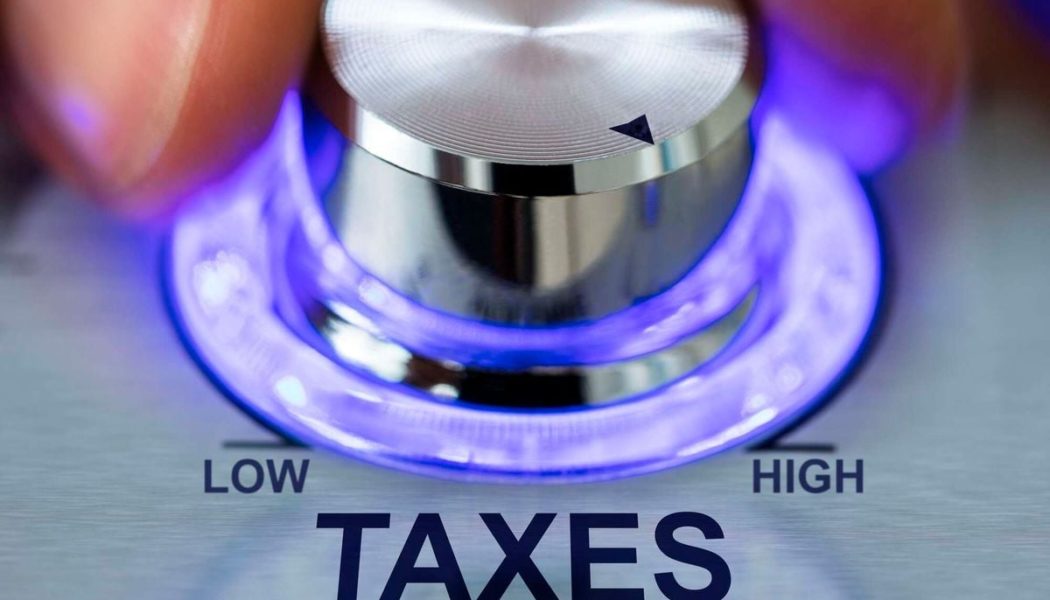
Ride-hailing services, online freelance jobs, and food delivery firms face a steeper six percent tax as the Treasury revived a proposal to raise revenue through the sources.
In its new proposals, the Treasury has proposed to introduce a new Significant Economic Presence Tax but a higher six percent rate, compared to the 1.5 percent that it had initially proposed under the Digital Service Tax.
“The Bill seeks to amend Section 3 of the Income Tax in the definition of the term “digital marketplace” by including ‘ride-hailing services”, “food delivery services”, “freelance services” and “professional services” etc” the Treasury said in its Tax Procedures (Amendment) Bill of 2024.
It said that the proposals aim to expand the tax base by bringing the income of the owners of the digital platforms that offer the above services into the tax bracket.
“The proposed amendment is intended to replace the Digital Service Tax with Significant Economic Presence Tax to provide taxation at 6 percent as opposed to 1.5 percent under Digital Service Tax. This will align the taxation of digital services with international best practice” the Treasury said.
Introduced in 2021, the digital services tax is currently being levied on the sale of e-books, movies, music, games, and other digital content.
This means that currently, companies such as Netflix, Spotify, Amazon, and YouTube, among others, are paying the tax on their sales.
With the proposed changes, more companies in the digital services space, such as Uber, Bolt, Glovo, Jumia, and others, are set to join the tax bracket, which will likely impact the end-consumers’ costs.
The tax is only levied on foreign companies offering these services in Kenya, as local ones are spared because they are expected to pay 30 percent corporate income tax on their profits.
This is the second time the Treasury is making the proposal to expand this definition, the first being in the withdrawn Finance Bill of 2024 that sparked widespread protests across the country, in opposition to the proposed tax measures.
The Treasury said that the Significant Economic Presence Tax shall be payable by a non-resident person whose income is derived from Kenya.
“This tax shall be payable by a non-resident person whose income from the provision of service is derived from or accrues in Kenya, through a business carried out over the digital marketplace,” it said.









